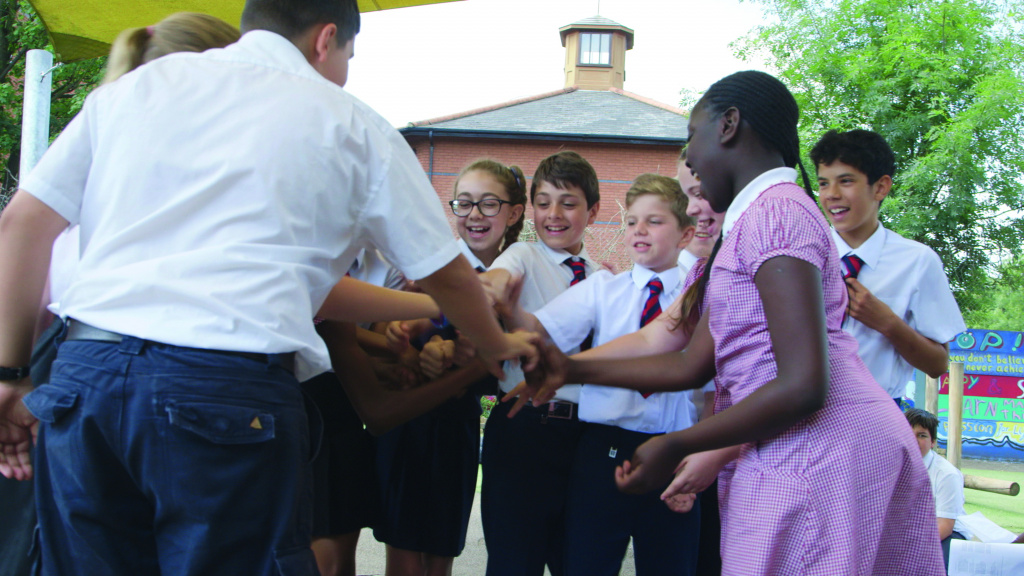
"Belonging means to feel comfortable where you are and just to feel you can be yourself and not have the worry that people might discriminate or not like the way you are. Belonging means you are part of something and you are not just sitting around on the other side … not just left out or lonely."
Student, quoted in: Riley, K. (2017). Place, belonging and school leadership: Researching to make the difference. London: Bloomsbury, p. 57.
Setting the scene
As the 1939–45 war drew to a close, Arnold McNair—an influential Judge and educator—was asked by the wartime government to look at the recruitment and training of teachers. How should future generations of young people be taught? Who should teach them and how? McNair concluded that if Britain was to create a ‘wise’ democracy, people of the highest calibre needed to be recruited into teaching.1 Teachers are vital today. This article explores what they can do to help schools become places of welcome and belonging for all children and young people.
We live in a world of boundless promise and possibilities. Yet it’s also a world where social divisions are widening,2 and more people are on the move than at any period since the end of the Second World War—half of them children. The happiness of young people in the UK is at its lowest ebb since 2010.3 For all these reasons, schools need to be places of belonging. Belonging is that sense of being somewhere you can be confident that you will fit in and feel safe in your identity4: a feeling of being at home in a place,5 and of being valued.6
Belonging and ‘not’ belonging
The majority of children and young people feel a sense of belonging in their schools. However, across OECD countries, young people’s sense of belonging is declining, with 1 in 4 feeling that they don’t belong in school.7 Children from socio-economically disadvantaged communities are twice as likely as their more advantaged peers to feel they don’t belong in school,8 and four times more likely to be excluded.9
Young people’s sense of belonging in school is shaped by what they bring to it—their histories, their day-to-day lived realities—as well as schools’ practices and expectations.10 Relationships, encounters and pedagogical experiences make a difference. A sense of belonging affects academic outcomes, student motivation and absenteeism, and has a strong association with other positive social outcomes, such as health and wellbeing.11 Belonging can shift into ‘not-belonging’ rapidly, and with damaging consequences.12 Young people who experience a sense of exclusion from school or society seek ‘belongingness’ elsewhere: gangs, forms of extremism, self-harming.
Recent data from PISA indicates that the most significant factor for young people, in terms of whether they experience a sense of belonging or exclusion in school, is how they perceive their relationships with their teachers.13 Young people want to be seen and valued for who they are, and supported. Most teachers came into teaching to do just that. However, the climate of diminishing resources and high stakes testing can be dispiriting, and adds significant pressures. The following section offers examples, drawn from research and development work, of what teachers can do to look afresh at the children and young people they work with. The ideas are based on collaborative partnerships with colleagues, understanding more about how young people experience school life, and engaging in a process of inquiry which is enjoyable and beneficial to all concerned.